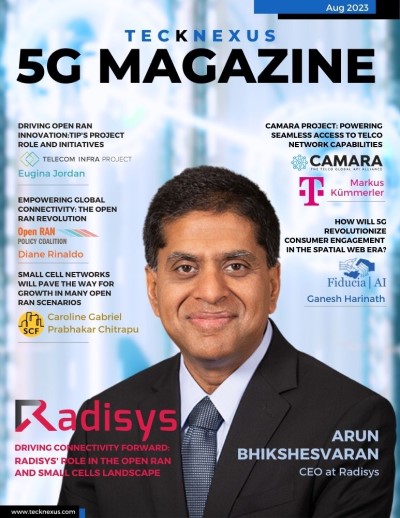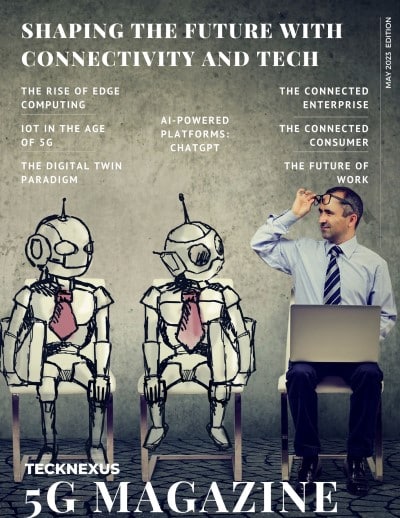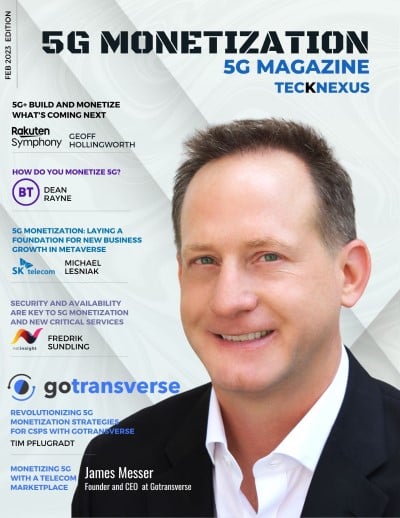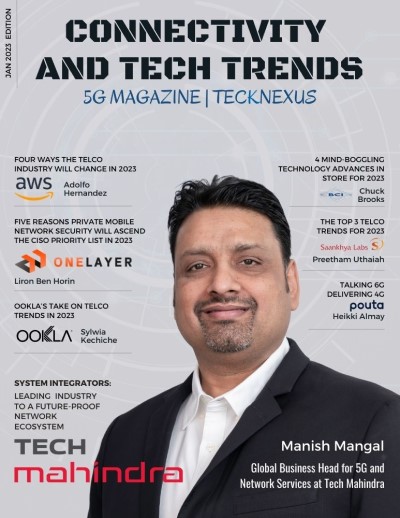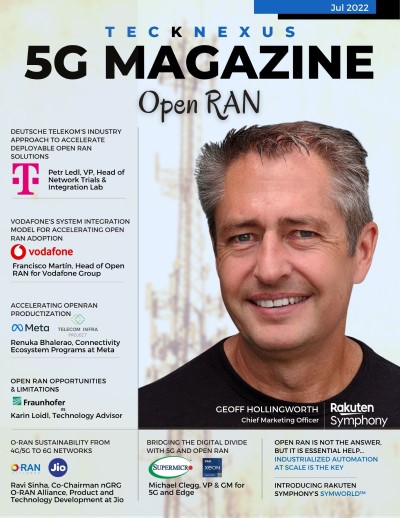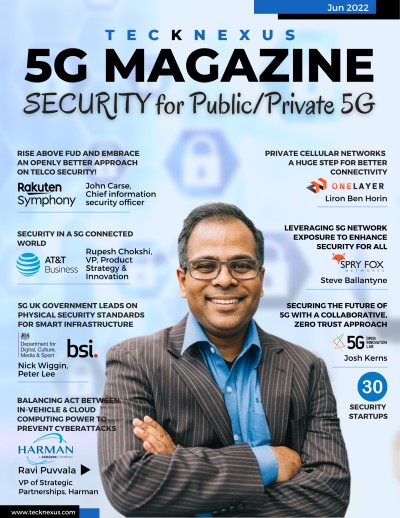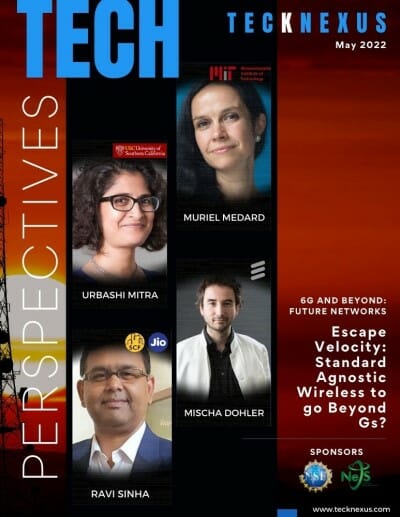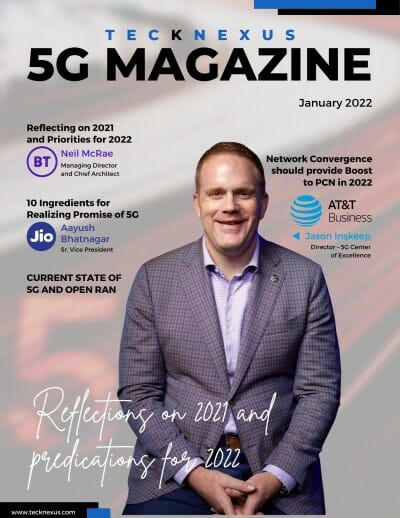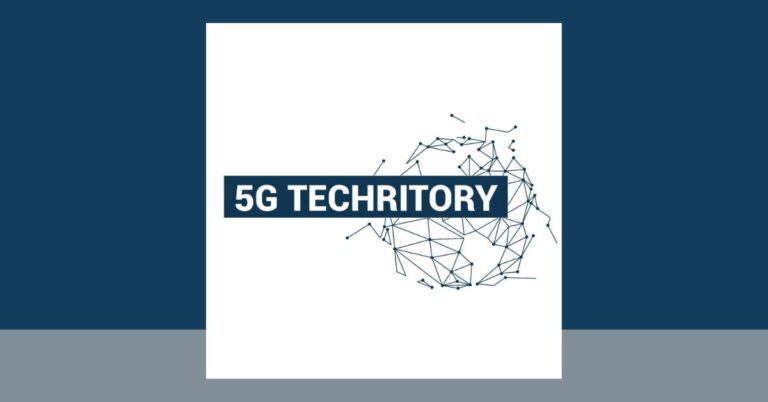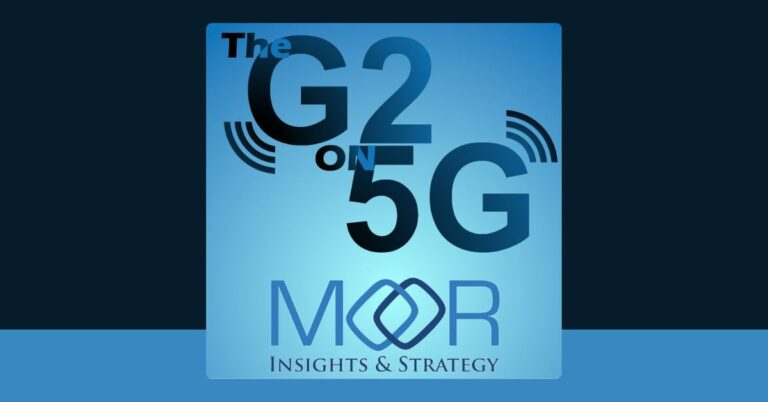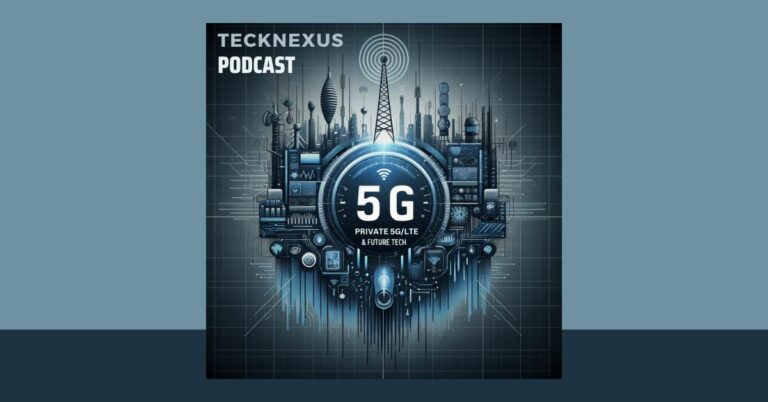OneWeb, the LEO satellite communications firm, has successfully deployed and connected 36 satellites launched by NSIL from India’s Satish Dhawan Space Centre. The launch occurred on March 26, 2023, at 9:00 am local time, with satellites separating from the rocket and dispensed in nine phases over 1 hour and 14 minutes. All 36 satellites’ signals were acquired.
This marks OneWeb’s 18th launch and third this year, raising its satellite constellation to 618. The company plans for 588 satellites to achieve global coverage, with additional satellites for resiliency and redundancy. The constellation is now poised to provide global services, with full coverage expected by year-end.
This second satellite deployment in India demonstrates OneWeb’s strong partnership with NSIL and ISRO. Once operational, OneWeb’s coverage will bring secure connectivity to various sectors across the country, including remote areas.
Sunil Bharti Mittal, OneWeb’s Executive Chairman, emphasized the importance of connectivity and noted that half the world still lacks access to fast, reliable connectivity. He stated that the recent launch is a significant step towards bridging the digital divide, with OneWeb’s global constellation playing a crucial role. Mittal expressed pride in OneWeb’s ability to provide global coverage in India, where New Space India and ISRO drive space-based connectivity ambitions. He acknowledged Prime Minister Narendra Modi’s leadership and the Indian government’s goals for expanding high-speed internet access. He thanked colleagues, partners, vendors, investors, and customers for their support and shared enthusiasm for OneWeb’s future and its potential to connect communities worldwide.
Shri. Somanath S, Secretary of the Department of Space and Chairman of ISRO, highlighted the importance of the launch as a milestone for ISRO, showcasing its ability to successfully launch commercial payloads for OneWeb. He mentioned that this launch has set a new record in Indian space history, and ISRO is confident in managing more launches for LEO and GEO missions in the future. He wished OneWeb great success with its completed constellation.
Radhakrishnan D, Chairman and Managing Director of NewSpace India Limited, expressed pride in the successful deployment of 36 OneWeb Gen-1 satellites from the UK using LVM3, thanking OneWeb for their trust in NSIL and ISRO. He highlighted the mission’s significance in achieving OneWeb’s full constellation and commencing global commercial broadband services. Radhakrishnan D anticipates further collaboration between NSIL and OneWeb, congratulating the OneWeb team.
Michelle Donelan, the UK Secretary of State for Science, Innovation, and Technology, recognized the LEO constellation completion as a significant milestone for OneWeb and the UK’s broader sector. She emphasized the UK’s investment in OneWeb’s vision and its role in supporting the growth of the space sector.
Neil Masterson, OneWeb’s Chief Executive, identified this milestone as the most significant in OneWeb’s history, marking the satellite count needed for global coverage. He acknowledged the dedication and efforts of the OneWeb team and its partners at ISRO and NSIL in achieving this goal, noting that they are on track to provide high-speed, low-latency connectivity worldwide later this year.




































